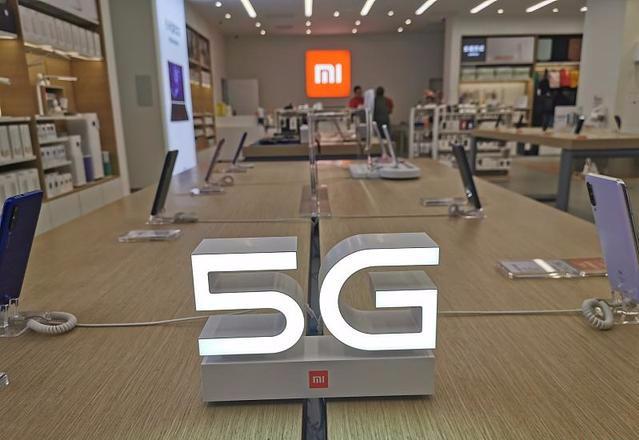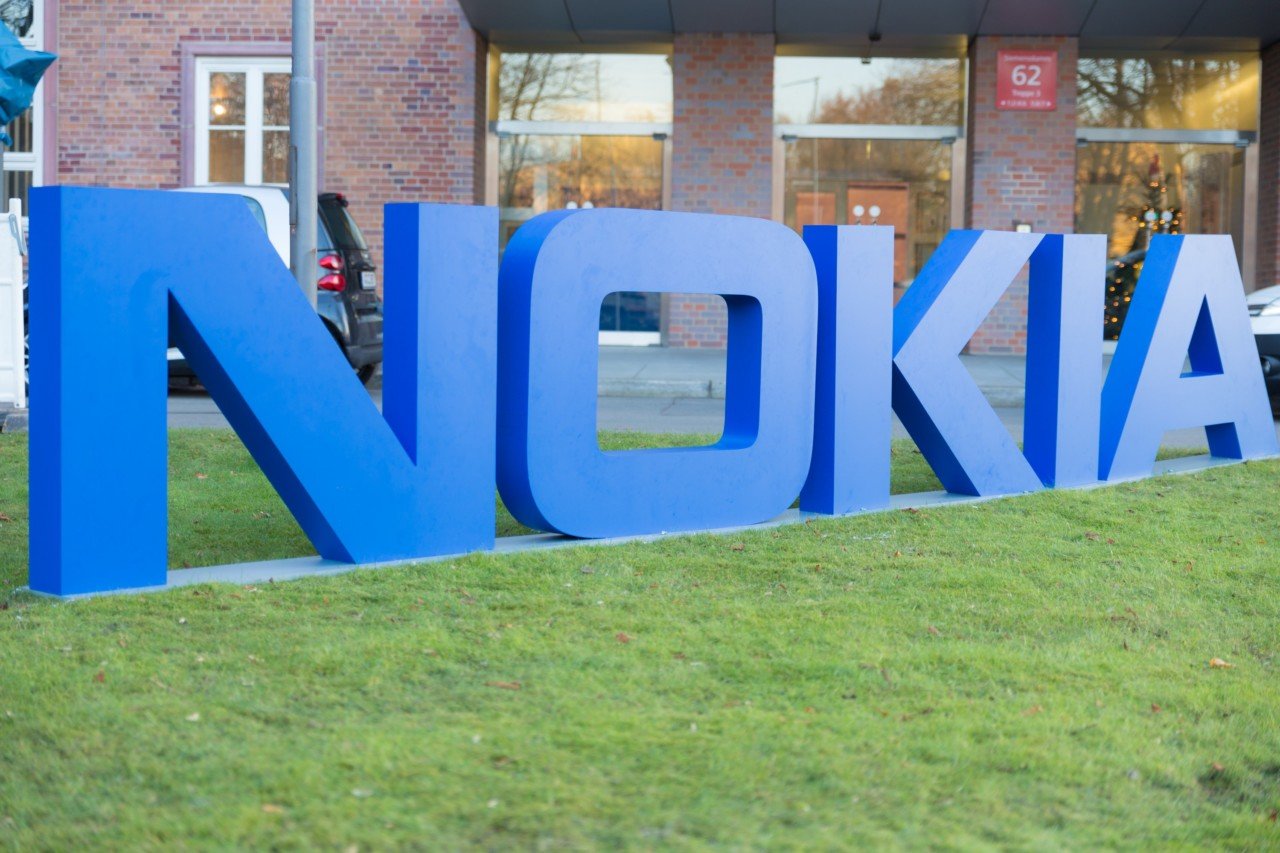The US seems to be extremely worried about Huawei’s dominance in the 5G market. So much so that the US attorney general suggested that American investors should buy a controlling stake in Nokia and/ or Ericsson in order to transform them into formidable competitors to the Chinese telecommunications giant.
“There are only two companies that can compete with Huawei right now: Nokia and Ericsson,” Barr said in his speech at a conference on China’s security threat at the Center for Strategic and International Studies in Washington. “Putting our large market and financial muscle behind one or both of these firms would make it a far more formidable competitor and eliminate concerns over its staying power.”
He raised concerns about Nokia and Ericsson’s ability to take on Huawei. Barr said that neither of these companies had Huawei’s scale or backing from a powerful country which put them at a disadvantage when compared to the Chinese telecommunications giant.
UP NEXT: Spotlight on 5G: How China’s 5G mobile plans compare to the rest of the world
And given how 5G is expected to power a range of emerging technologies in the coming years, Barr is worried that China will be able to influence and control these technologies if Huawei dominates this new-age communications market. In his speech, he added, “From a national security standpoint, if the industrial internet becomes dependent upon Chinese technology, China would have the ability to shut countries off from technology and equipment upon which their consumers and industries depend.”

In order to avoid such a situation, he said the US is considering a few proposals that align itself “with Nokia and/or Ericsson through either American ownership of a controlling stake or through a “consortium or private American and allied companies.”
Barr’s comments reveal how important 5G is for the US. And if Nokia and Ericsson are bought by American investors, the race for 5G will essentially be a fight between two superpowers: China and the US.
Meanwhile, Huawei has sued Verizon in the US for infringing 12 patents in the field of computer networking, download security and video services.
UP NEXT: Huawei faces a new threat from US’ push to create alternative 5G tech
(Source)








